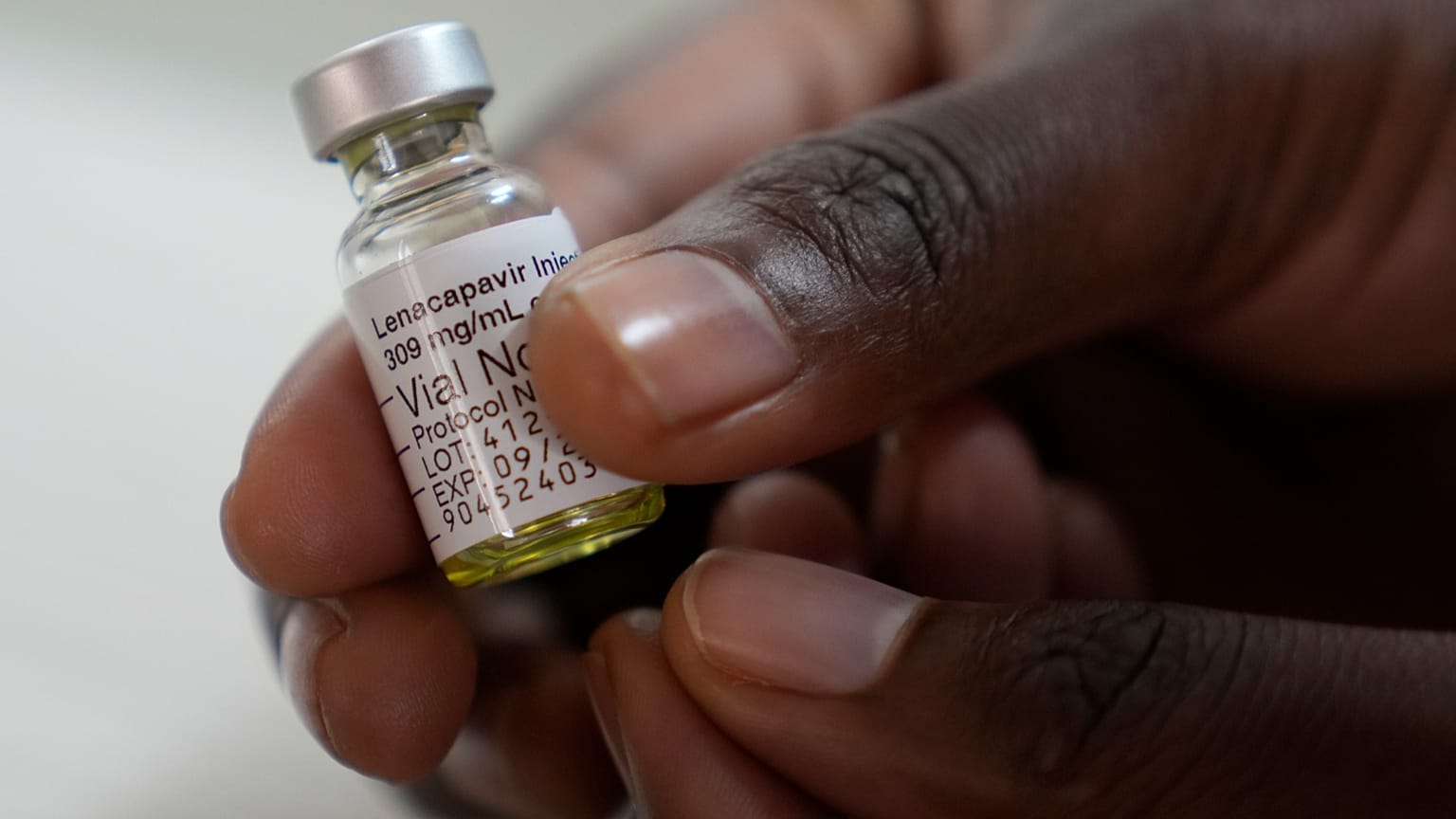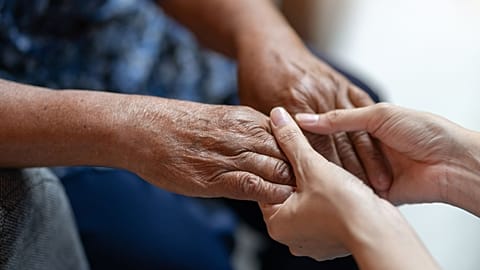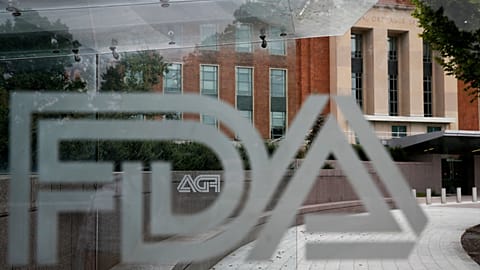The twice-yearly drug has been hailed as a medical breakthrough that could change the course of the HIV epidemic.
A twice-yearly HIV prevention jab will be available at low cost in 120 lower income countries beginning in 2027.
The drug, known as lenacapavir, has been hailed as a medical breakthrough that could change the trajectory of the global HIV epidemic, which affects about 40.8 million people worldwide.
Under the new deal, a generic version of the lenacapavir jab will be available for $40 (€34) per year – the same price as the most widely used oral version of the drug, which must be taken every day, according to Unitaid, which works to improve medicines access in lower income countries.
The plan could help boost access to the drug at a time when wealthy countries have slashed their global health budgets and the future of major HIV programmes, such as the US President's Emergency Plan for AIDS Relief (PEPFAR), are uncertain.
The agreement came just weeks after the European Medicines Agency (EMA) approved the drug, which has also been authorised by the US Food and Drug Administration (FDA).
“It’s probably one of the fastest times that we've been able to bring generic products to market,” Jessica Burry, a technical officer on Unitaid’s strategy team, told Euronews Health.
“And we know that more generics in the market means competition and bringing prices down,” she added.
The treatment’s initial price will be slightly higher. When a patient receives their first lenacapavir jab, they must also take two oral tablets that day and two tablets the following day – at a cost of $16.80 (about €14) – to ensure they are protected against HIV quickly.
Without the pills, it would take several weeks for the jab’s protection to fully kick in, Burry said. Patients will not need to take the pills when they return every six months for their next jab.
Lenacapvir is a form of pre-exposure prophylaxis (PrEP), which works by preventing the virus from replicating and spreading within the body. It reduces the risk of acquiring HIV among both adults and adolescents.
The pharmaceutical company Gilead makes the injectable, twice-yearly version of the drug, which was considered one of the biggest medical breakthroughs of 2024.
A yearly course of the drug is priced at more than $28,000 (about €24,000) per person in wealthy countries, according to Unitaid, which receives funding from France, Spain, Portugal, the United Kingdom, and the European Union, among others.
Gilead had already announced plans to offer the drug to up to two million people in lower income countries at a lower price, and agreed last year to allow six generic manufacturers to supply lenacapavir in 120 lower income countries.
Unitaid worked with Dr Reddy’s Laboratories – one of the largest generic drug manufacturers in the world – as well as the Clinton Health Access Initiative (CHAI) and Wits Reproductive Health and HIV Institute (Wits RHI) to determine the logistics and timeline.
Burry said she expects major health donors, such as The Global Fund to Fight AIDS, Tuberculosis and Malaria, to cover lenacapavir’s initial costs in certain developing countries, while others will pay for the drug directly.
Demand is already strong in parts of sub-Saharan Africa with a high HIV burden, Burry said.
“The other side of the coin is the demand creation and the work to make sure that communities are aware, and to have treatment literacy” and updated government guidance on lenacapavir, Burry said.
She said Unitaid is also working to improve access to low-cost lenacapavir in middle-income countries that do not fall under the Gilead agreement. That includes Brazil, where new HIV infections are rising even as AIDS-related deaths fall.


















